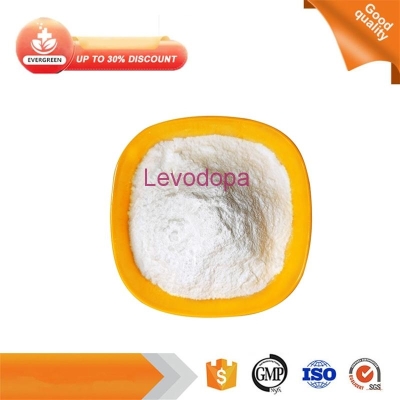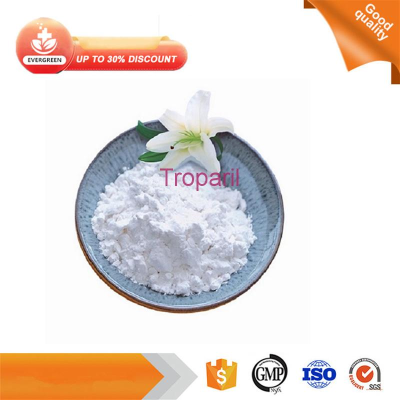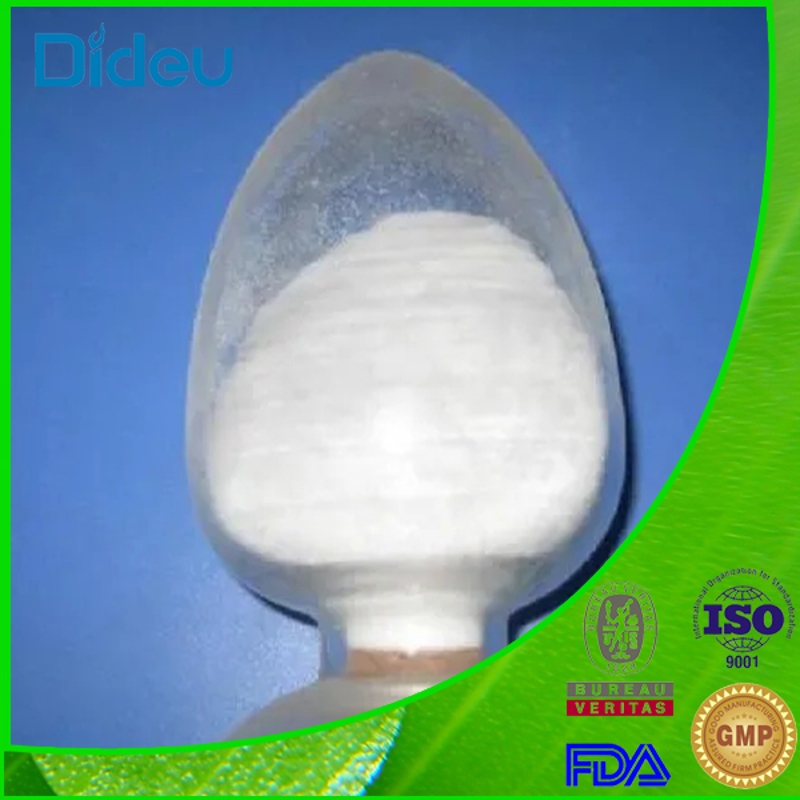-
Categories
-
Pharmaceutical Intermediates
-
Active Pharmaceutical Ingredients
-
Food Additives
- Industrial Coatings
- Agrochemicals
- Dyes and Pigments
- Surfactant
- Flavors and Fragrances
- Chemical Reagents
- Catalyst and Auxiliary
- Natural Products
- Inorganic Chemistry
-
Organic Chemistry
-
Biochemical Engineering
- Analytical Chemistry
- Cosmetic Ingredient
-
Pharmaceutical Intermediates
Promotion
ECHEMI Mall
Wholesale
Weekly Price
Exhibition
News
-
Trade Service
Epidemiological studies have found that cancer has a protective effect on dementia, especially Alzheimer's disease (AD) type of dementia.
In a large prospective community cohort study, scientists found that new cancers may reduce the risk of AD dementia by 30%.
Similarly, a UK-based prospective cohort estimates that cancer not only reduces the risk of any AD-related dementia, but also reduces the risk of future cancer by as much as 70%.
However, the results of different documents are not always consistent.
For example, although a recent Danish national cohort study also showed that cancer initially had a protective effect on AD, the intensity of this effect has diminished over time.
The argument that cancer can increase the risk of dementia has also been reported in previous literature.
Cancer patients may be less likely to survive long enough to develop dementia--or those who survive may have more favorable characteristics that protect against dementia, all of which may be due to choice (survivor Bias) and lead to a protective effect.
In addition, cancer patients may be less likely to be screened for dementia, which may be due to suspected "chemo brain" rather than cognitive impairment (surveillance bias) caused by dementia.
In addition, people with dementia may be less likely to be diagnosed with cancer because medical practitioners are less likely to screen for cancer, which may lead to erroneous conclusions.
Finally, potential unmeasured confounding factors related to treatment effects are also considered to be drivers of the observed protective effects.
Statistical methods can resolve many potential deviations, although most previous studies are limited to the use of standard survival models, ignoring the potential role of competitive events, or limited to simulation studies.
Disease-death models (IDMs), similar to competitive risk analysis, can help explain survivor bias by accurately considering differential mortality and simulating the risk of disease progression (ie, competitive risk).
In this way, Jonviea D.
Chamberlain and others of the University of Bordeaux in France, based on a large clinical cohort, the French multi-center Memento cohort, followed up patients with mild or isolated cognitive symptoms for a median of 5 years.
Disease-Death Models (IDMs) are used to estimate new cancers related to dementia in the time since the study was introduced.
After analyzing the sample (N=2258), they excluded 65 people who had no follow-up data.
New cancers are associated with a reduced risk of dementia (HR=0.
58, 95%CI=0.
35-0.
97), and the corresponding E value is 2.
Original source:
onlinelibrary.
onlinelibrary.
wiley.
com/doi/full/10.
1002/alz.
12308" target="_blank" rel="noopener">Chamberlain, JD, Rouanet, A.
, Dubois, B.
, Pasquier, F.
, Hanon, O.
, Gabelle, A.
, .
.
.
& Memento Study group.
(2021).
Investigating the association between cancer and the risk of dementia: Results from the Memento cohort.
_Alzheimer's & Dementia_.
Leave a message here







